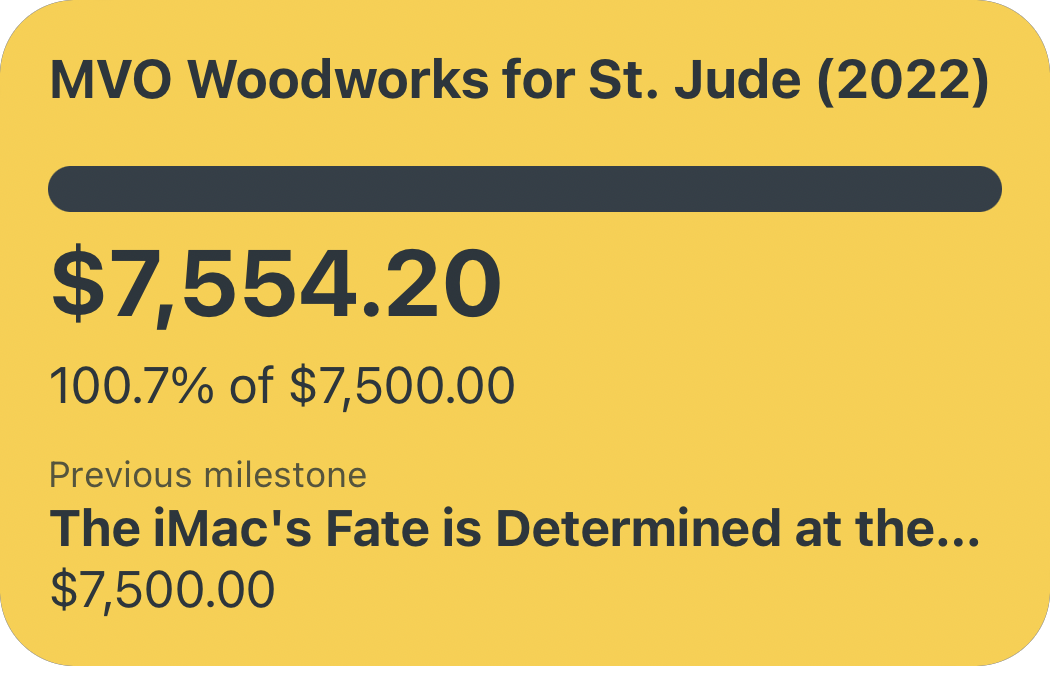On “The Rings of Power”, and Tempering Expectations
Last week's Vanity Fair first look at Amazon's forthcoming Lord of the Rings series The Rings of Power and yesterday's release of the show's first trailer during the Super Bowl have set the Tolkien fandom abuzz with much commentary and some apprehension (as all re-imaginations of well-loved worlds tend to). As something of a Tolkien nerd myself, I'm also a bit anxious about whether or not Amazon's original Second Age storyline can live up to the lofty expectations set by Jackson's imitable theatrical trilogy and, of course, the original Tolkien tomes so dear to my heart. Ever since Amazon acquired the rights to certain aspects of the Tolkien legendarium back in 2017, I've tried to stay optimistic about my favorite fantasy setting getting a big-budget streaming production — even through peak-pessimism in the aftermath of Game of Thrones' fatal finale. Every time the show has come up, I've repeated a simple prayer (maybe to old Númenor or Eru Ilúvatar himself, but mostly to Jeff Bezos and the Amazon production crew): "Please be good." I want so badly for Amazon to produce a series that meets all of my preconceived expectations of what makes for a "good" Tolkien adaptation, and spark joy in me like the books and Jackson's theatrical trilogy did and do — but we're all too accustomed to being let down by the content we're excited for, having been burned so many times before.
We're in a media landscape where massive companies are accumulating as much IP as possible to bolster their respective streaming platforms — "peak content", as it were, where a plethora of "pluses" constantly battle for my eyeballs and a spot on my monthly credit card bill. Worse still, our "collective trauma" (if you'll allow me the hyperbole) after failed renditions or reimaginings of treasured works by towering media conglomerates (Star Wars 7-9, The Hobbit films, etc) poisons the well for any similar attempts at a theatrical or streaming hit. The Smaugian hoard of funds at these companies' disposal (the Netflixes, the Disneys, the Amazons) should mean they can produce good original stories in pre-existing worlds (Q.E.D: The Mandalorian) instead of squandering fiduciary advantage and underlying world-building to deliver a disappointing dud (a la Game of Thrones S8) — but is it really fair of me to feel so concerned based on nothing else but marketing photos and 10 seconds of trailer CGI?
As I was scrolling through Reddit this week, I came across this striking post on r/LOTR, in which u/paradiddleotamus turned my apprehension (towards a show that isn't even out yet) on its head. Although u/paradiddleotamus's post is largely addressing the handful of racist chuds winging about inclusive casting decisions, I think the underlying point is well-applied to other preemptive criticisms of the show. The entire post is worth a read, but some particularly apt excerpts:
I don't care if the Amazon series sucks. I don't care if it comes to light that the show runners are actually fully illiterate. Whatever godawful heretical adaptation they might spew out: I don't care. I'll continue to enjoy my December reread and life will go on.
These books aren't a cudgel to beat people with, as some of you seem to think. Nor are they some pristine artifact that will be damaged by fingerprints or the glow of a spotlight. Let other people be inspired and explore in that world; and be content with the thought that, though you might not love what they create, they aren't altering the original that I'm certain all of you have on your bookshelves.
This show doesn't have to be "good", and certainly not by any particular individual's pedantic definition. It doesn't even have to be for me — where "me" means both myself and the swarms of Tolkien nerds like me who are all-too eager to point out "discrepancies with the lore", whatever that means. A "good" story in the setting of Arda doesn't have to mean "untouched, unchanged, or unimaginative" — Tolkien's collective works, after all, are intrinsically about imagination, creation, new life, and both the challenges and joys that arise from an ever-changing world. There is room aplenty in Middle Earth and beyond for new stories to be told, perhaps for new audiences who may fall in love with Tolkien's world just like I did. Clinging small-mindedly to a foolish literary consistency in every word written or shot framed does nothing but alienate and obstruct those who may otherwise have been enamored and inspired. So, I'll continue repeating my "Please be good" prayer and choose to remain hopeful for what The Rings of Power might be to me, while also being cognizant of what this new story might well become for others.



